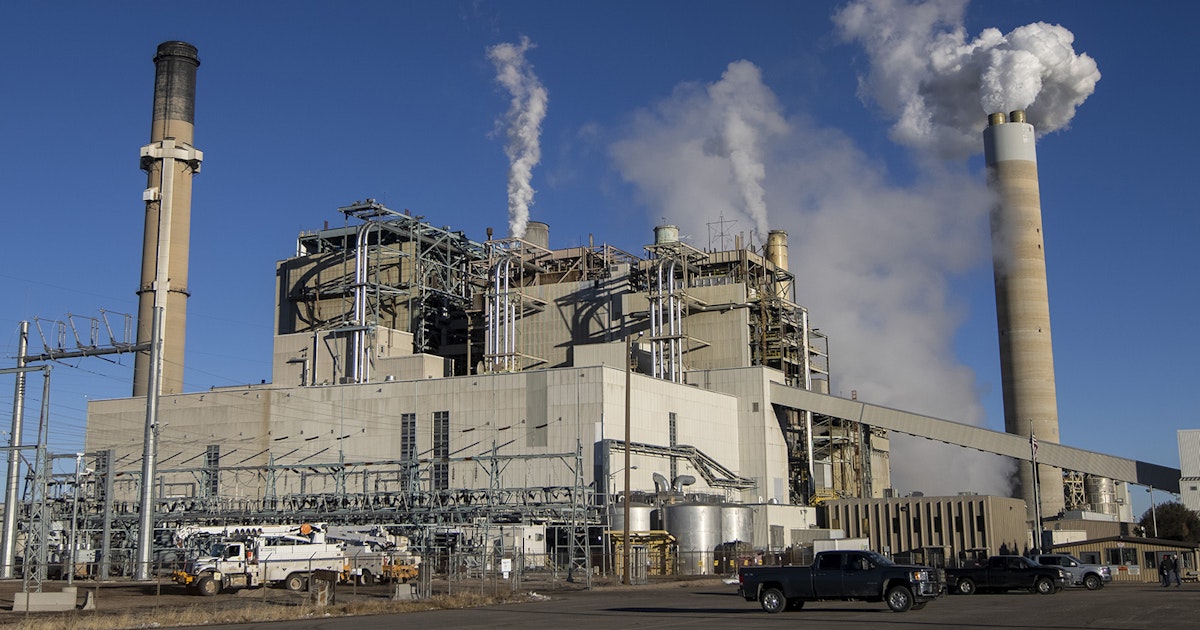One of the frustrations of cordless tools is the plethora of different ones produced to provide the same voltage. A Dewalt 18V is not compatible with a Makita or Milwaukee etc etc.
Lack of interchangeability is used to drive the sales of additional or replacement batteries.
Yet, "the industry" was smart enough to standardize on AAA, AA, C, D etc batteries for other uses.
EV's would eliminate a concern folks like me have about battery issues if they would "standardize" on a "footprint". I am thinking much like golf carts, but larger of course. Banks of standard size batteries that can be replaced without worrying about who will sill supply them. The same "footprint" can be used to produce a batteries with current technology as well as accommodate new battery technology as batteries improve. Want more power or range, add more batteries.
An added benefit to assured availability is reduced costs. Having one size allows increased competition and economies of scale.
Maybe it is a silly idea?

